Chili peppers are known for their many health benefits, but like any food, their consumption can lead to negative effects, especially if consumed in excessive quantities or if you have certain health conditions. In this article, we will explore the possible side effects of chili peppers and provide tips on how to consume them safely. Also learn what chili peppers are good for and their many benefits.
Chili Pepper Side Effects: What Can Happen?
Chili peppers contain capsaicin, the active ingredient responsible for their spiciness. Although capsaicin is associated with benefits for metabolism and cardiovascular health, it can cause problems in some cases. Here are the main negative effects of consuming chili peppers:
- Stomach irritation: Consuming large amounts of chili peppers can irritate the gastric mucosa, causing symptoms such as burning, acidity, and, in extreme cases, gastritis. See the article on when not to eat chili peppers to avoid unwanted effects.
- Intestinal problems: Excess chili pepper can accelerate intestinal transit, leading to diarrhea and abdominal cramps.
- Skin Reactions: Handling fresh chili peppers without gloves can cause burning and irritation to the skin, especially if it comes into contact with the eyes.
- Respiratory Irritation: Inhaling capsaicin (e.g., during preparation) can irritate the nose and throat, causing coughing and sneezing.
Who Should Be Careful About Chili Pepper Consumption
Not everyone can tolerate chili peppers in the same way. In some situations, it is better to avoid them or limit their use:
- People with gastrointestinal problems: Those who suffer from gastritis, ulcers, or gastroesophageal reflux should avoid chili peppers, as they can aggravate these conditions.
- Individuals with hemorrhoids: Eating spicy foods can worsen hemorrhoid symptoms by causing further irritation.
- Pregnant Women: Although there are no absolute contraindications, chili peppers may cause heartburn or discomfort in the late stages of pregnancy.
- Individual Sensitivity: Some people are particularly sensitive to capsaicin and may develop uncomfortable symptoms even with small amounts.
How to Reduce the Side Effects of Chili Peppers
To enjoy the benefits of chili peppers without incurring any negative effects, follow these tips:
- Moderate your consumption: Start with small quantities and gradually increase, monitoring your tolerance.
- Choose the right variety: Opt for less spicy chili peppers if you have a low capsaicin tolerance. Check out our fresh chili peppers for a milder heat.
- Combine with other foods: Consuming chili peppers with foods high in fat or dairy products can tone down their spicy effect.
- Avoid direct contact: Use gloves when handling fresh chili peppers to avoid skin irritation.
When to Avoid Chili Peppers Completely
In some cases, it is advisable to eliminate chili pepper from your diet or consult a doctor before consuming it:
- Specific Medications: If you are taking medications that irritate the stomach or blood thinners, chili peppers may increase the risk of side effects.
- Serious Medical Conditions: Those with chronic gastrointestinal conditions or inflammatory bowel disease should avoid it completely. Also learn how chili pepper affects high blood pressure.
Chili and Traditional Products
Despite its potential negative effects, chili pepper remains a beloved ingredient in Italian cuisine, thanks to its unique flavor and health benefits. For conscious consumption, try our artisanal products, such as chili peppers in oil, perfect for enriching your dishes with a balanced spiciness, or our fresh chili peppers, ideal for homemade recipes.

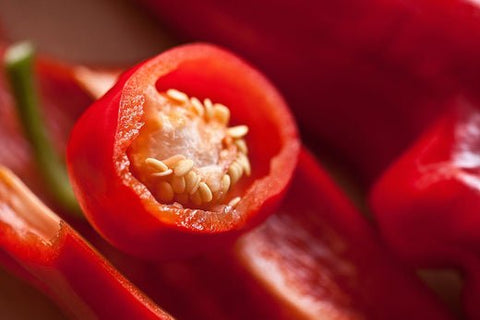



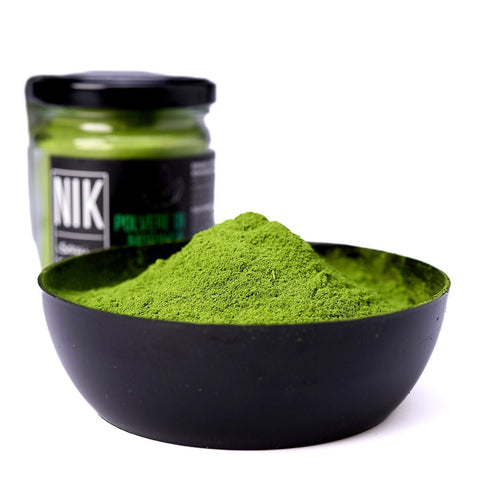

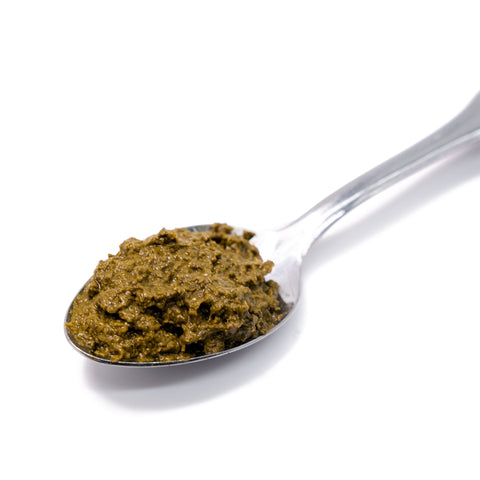
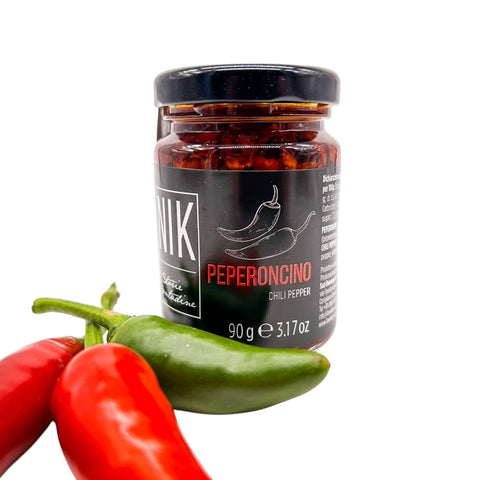
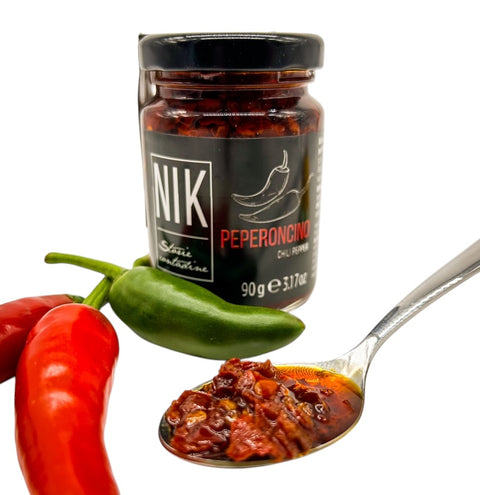
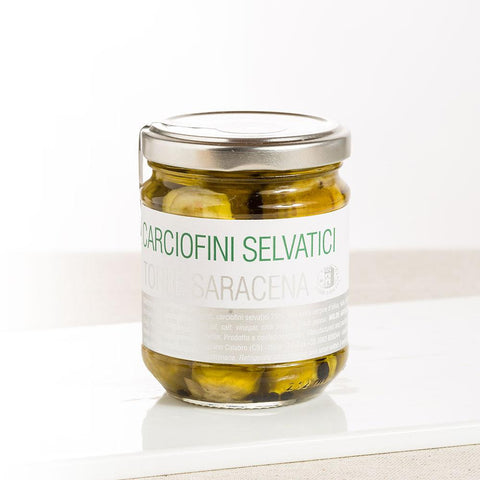

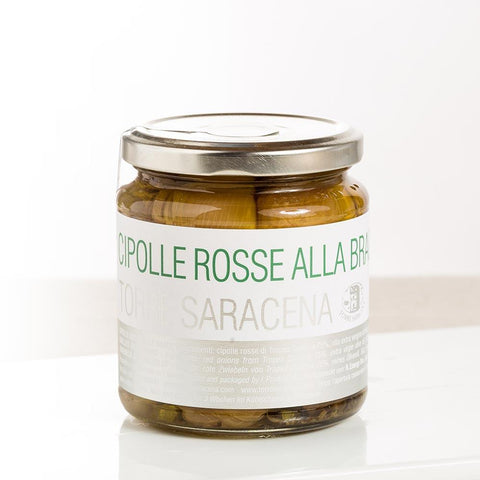

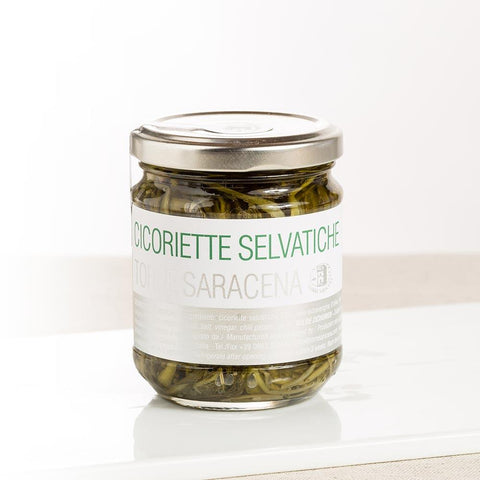


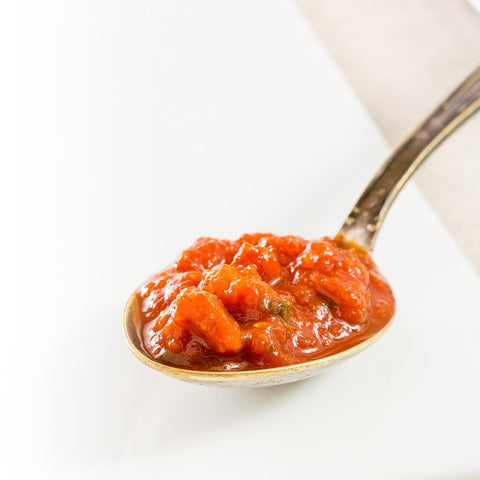
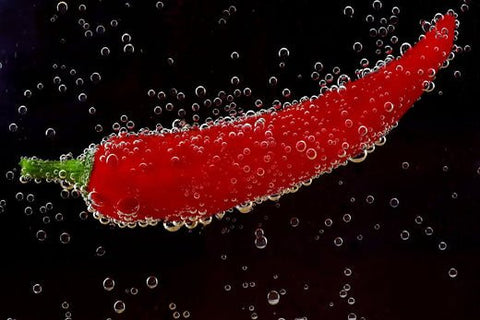
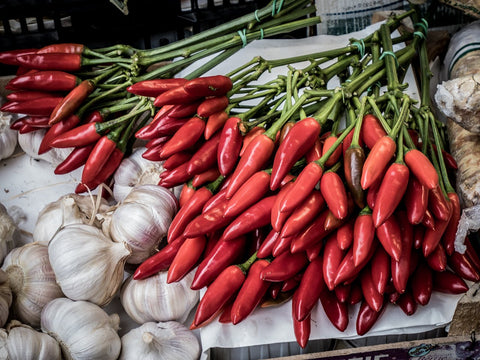
Comments (0)
There are no comments for this article. Be the first one to leave a message!